In dollar terms, we have barely made a dent this year: Uday Shankar
Asia’s largest global convention on the business of media and entertainment, FICCI FRAMES a three-day conference covering the entire gamut of the M&E sector, including Film, Broadcast (TV & Radio), Digital Entertainment, Animation, Gaming, Visual Effects, etc. started in Mumbai on 12th March'14. It draws more than 2,500 participants from India and abroad every year.
The 2014 edition of the mega event was started with the speech of FICCI’s M&E Committee chairman and Star India CEO Uday Shankar. Here is how the speech was read out by the media honcho to a packed audience.
Good morning and welcome everybody.
Honourable minister Manish Tewari, United States FCC Commissioner Ajit Pai, Dr. Khullar, Secretary Julka, my dear friends Punit and Karan, the wonderful team of FICCI that have organized this event, ladies and gentlemen.
Amidst an environment of gloom and doom, the media and entertainment industry registered an impressive growth of 12% last year. The fact that we have been able to deliver this in light of an overall economic growth of 4% and a major resetting of exchange rates is a testament to the tenacity of the industry’s leaders and stakeholders. However, while delivering a growth rate three times that of the country at large is cause for satisfaction, the truth is that in dollar terms, we have barely made a dent this year. And, even more importantly, we remain at a great distance from the goal of growing the sector to 100 billion dollars.
But, this is not a sector whose value is measured just by the size of its financial contribution. Media and entertainment remains central to defining the direction of India’s social and economic path; its work remains key to the imagination and inspiration of a billion Indians every day; and its health will be central to the ethos and values of the society we collectively shape.
And, therefore, it is hugely important that we are gathered here in the days and weeks leading up to the national elections – one which comes at a particularly important time in our post-independence history. We have run the course on exploiting the momentum of the first set of economic reforms unleashed in 1991. We have created enormous opportunities and wealth for many. And, now, we are faced with a far more complex set of economic and social choices, including on the ideal role of the government, its relationship with industry and, in fact, the relationship of the private sector with the overall society at large.
And no relationship is more important than the one between the government and the media. In many ways - and not uniquely to India - this is a relationship which by the very nature of its constituents is conditioned to be adversarial. Governments and political leaders are deeply aware of the power of shaping the message. The natural instinct of the state is to control the message. And, where it can, to control the messenger. The natural instinct of the media, whether the news media or the creative community, is to resist control, is to question authority. There is, therefore, tension inherent in the conflicting instincts of the two constituents.
In India, that relationship has often moved from being just adversarial to flirting on the boundaries of dysfunctionality. Used to only a compliant state media, successive central governments have often used policy to limit free expression. And, increasingly, state governments have crossed the boundary to actually own and run private media enterprises. Why just run channels when you can integrate across the whole value chain, and run entire businesses from delivery to content?
It is surprising indeed that irrespective of the political party or government, the expectation from the media is that they will always be flag bearers for the party line. So, there is no complaint when the media builds up the image of a clean, technocratic Prime Minister. Nor is there any problem when the media trumpets the idea of a youth leader or champions the development achievements of state leaders. But dare they cross the line into seeking accountability or evidence of performance, they are dubbed as incompetent, or worse, corrupt. What truly outraged me was the recent turn of events. It was the media that had created rock stars out of a bunch of street artists and protesters. It was the relentless 24 by 7 coverage of fasts and high decibel theatrics that created a political party from thin air and installed them in the government. You would have thought these leaders would have been grateful to the media for nurturing them. And, yet, even they resorted to accusations of corruption the minute the conversation turned to accountability for their choices and performance!
Of course, the media has been more than just a silent victim in creating this environment. Too often, the news media has focused on what is sensational rather than what is important. Too often, the point of news seems to be to reduce the extraordinary diversity of the country to the most banal, a contest between extremes that can only be resolved through a shouting match on live television. With singular dominant narratives, the trend seems to be of creating heroes on a particular day only to be labelled as thugs and crooks the next.
Legend has it that, in the early years of independence, Prime Minister Nehru used to write criticisms of his own government under pseudonyms published in leading newspapers. So concerned was he about a press that was not free and was not fiercely independent. It is ironic that today,it is perhaps easier to get articles published for a fee in newspapers than to place an honest criticism of the government. Nehru’s successors, both in politics and in the media, have strayed a long way away from that aspirational vision of the role of media in Indian society.
Instead, it is now a broken relationship, and one that has dire consequences for both the industry as well as the government. The failure to establish credibility and importance has meant the industry perennially stays on a back foot, defending itself against every new wave of regulation aimed only at further curtailing its wings. In return, the government has not been able to leverage either the impact that mass media can have in India or harness the power of media as an economic engine that can create jobs and wealth.
It is therefore appropriate that the weeks before the elections is the right time to call for a new contract between the government and the media. One that reaffirms both stakeholders to the theme of this year’s FICCI Frames: Transforming Lives.
The central principle of this contract should be the recognition that this industry is a unique and powerful economic enterprise. It is capable of creating employment and wealth much faster than most other sectors and with the ability to be a force multiplier, like it is in most countries. It is particularly relevant in India because it can be an employment generator without sizable public investments and without being hampered by the deficiencies of public infrastructure.
Why would you not nourish an industry which has the potential to become a huge employer? Why would you not fuel an industry that can grow with more policy support than resource support?
Second, the next government should recognize that it matters what the agenda of the Information and Broadcasting Ministry is. It matters what the Ministry sees as its dominant priority. Do you see media as a tool for transforming lives thereby using it in the interest of serving the population or as something so powerful that it needs to be controlled? The regulatory agenda is one of the most crucial parameters that will shape how this industry will look like in the next 5, 10 and 15 years, and after some progress in the last few years, this agenda has now completely stalled. Whether in accelerating the digitization of television delivery, or creating progressive frameworks on consumer pricing, this agenda is waiting the arrival of a transformational government.
And, this is particularly important when you review the media landscape today. It is littered with unviable and unhealthy media companies that cannot survive in the current framework. And unless all stakeholders are committed to retaining the vibrancy of the sector, the biggest victim will be free expression. No value is more important to this country than preserving the ability of a free media to showcase plurality in opinion and creative expression.
I hope that the next few days will give us an opportunity to lay the foundations of a constructive relationship with a new government for the next 5 years.






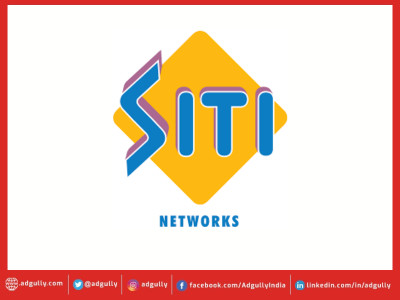
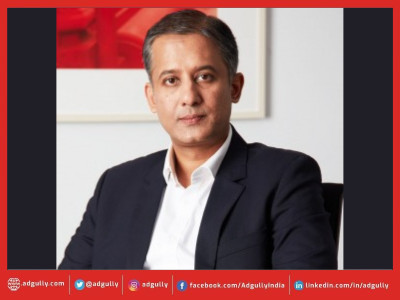
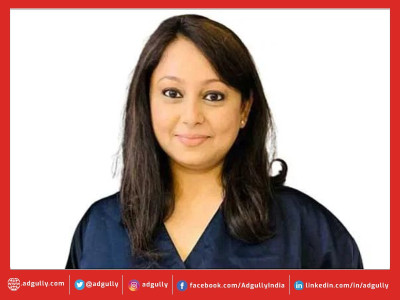
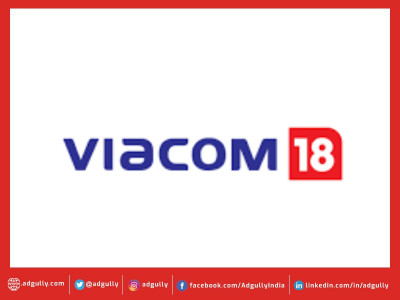
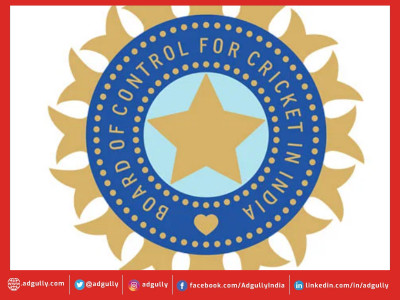

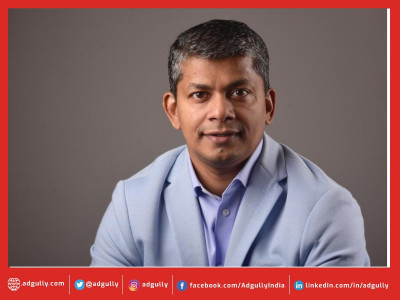
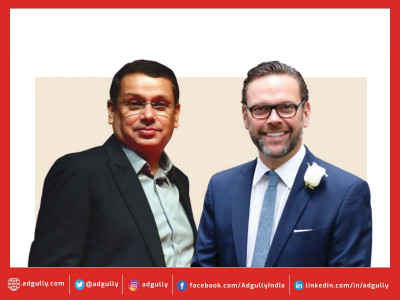
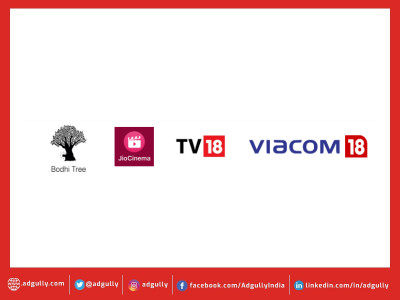



Share
Facebook
YouTube
Tweet
Twitter
LinkedIn